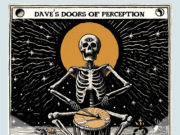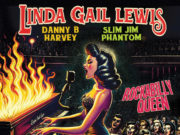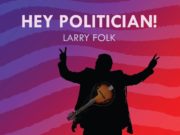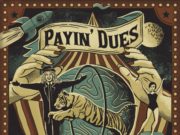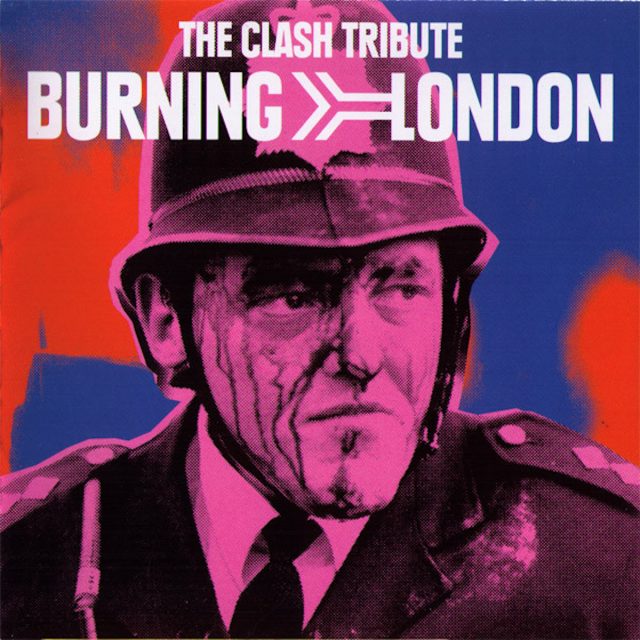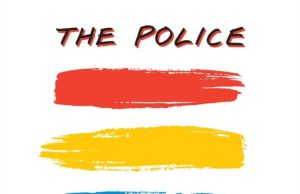This came out in 1999 – or at least that’s when I got it. Here’s what I said about it back then (with some minor editing):
Back when they were leading the original punk-rock charge in the late ’70s and early ’80s, The Clash were hailed as “the only band that really matters.”
Well, times have sure changed. Now, nearly two decades later, it seems they don’t even matter enough to warrant a decent tribute CD. At least, not if the disappointing Burning London is any indication.
With a mere 12 tracks over 40 sparse minutes, Burning London is hardly an extensive eulogy for the men who wrote White Riot, Career Opportunities and Guns Of Brixton. And with a lineup of mostly second-tier alt-rocker, punks and ska bands — No Doubt, Afghan Whigs, Silverchair and the like — it’s hardly the star-studded affair it should be. Nor is the set list particularly exciting, skewing heavily towards the expected single (Train In Vain, Should I Stay Or Should I Go) but completely ignoring their second album and best songs (no London Calling, no Stay Free, no Tommy Gun).
What gives? Well, ironically, part of the problem may be The Clash’s sterling reputation — Joe Strummer, Mick Jones, Topper Headon and Paul Simonon were one of the only bands from the first wave of British punks who not only survived into the ’80s, but also managed to thrive, evolving into one of the world’s most successful and critically acclaimed acts without selling off their integrity to the highest bidder. As such, they’ve always been treated with an almost ridiculous reverence — in other words, it’s not that they don’t matter, but that they still matter too much to tamper with.
That’s the sense you get from too many of Burning London’s tracks, which are unimaginative, chip-off-the-old-rock duplications of the originals. Take Rancid, who fastidiously recreate Cheat as precisely as a Xerox machine (and as precisely as some might say they’ve been aping The Clash for their entire career), as if changing one syllable would be sacrilege. Or No Doubt and The Mighty Mighty Bosstones, who turn in predictable renditions of predictable tracks like Hateful and Rudie Can’t Fail.
If their tracks are pointlessly reverent, others are just pointless. How do Third Eye Blind, 311 and The Urge warrant being here at all, never mind being entrusted with tunes like White Man In Hammersmith Palais?
Still, some folks get it: Indigo Girls strip Clampdown to the folk protest song at its core, Cracker turn White Riot into a riotous hoedown, Moby and Heather Nova take an electronica excursion Straight To Hell, and whether you like them or not, you have to give Ice Cube and Mack 10 props for their gangster-rap take on Should I Stay Or Should I Go?, which shares only a sample and a title with the original.
It’s these bands, not the clone rangers, that pay The Clash the real tribute. And they do so by following the true spirit of punk rock: Making your own rules and not bowing down to rock stars.
That’s what The Clash did — and that’s why they mattered.


